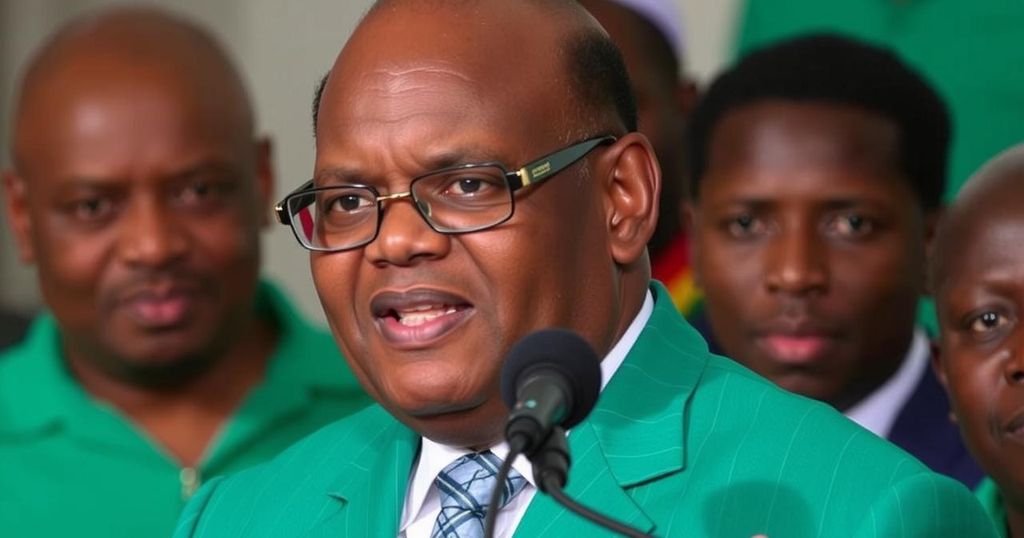Mozambique’s Top Court Confirms Election Results Amid Protests and Unrest
Mozambique’s top court confirmed the ruling Frelimo party’s victory in the October elections, validating Daniel Chapo’s 65.2% vote despite claims of fraud. Protests have escalated, leading to over 130 deaths amidst unrest. Opposition leader Venâncio Mondlane demands electoral transparency, warning of potential chaos if discrepancies remain unaddressed, while Chapo pledges electoral reforms to facilitate dialogue.
Mozambique’s highest court has upheld the ruling party’s victory in the October presidential elections, amidst ongoing protests that have lasted for over two months due to allegations of electoral fraud. Daniel Chapo from the Frelimo party was declared the winner with 65.2% of the votes, despite the electoral commission’s earlier announcement of 70.7%. The opposition, led by Venâncio Mondlane, garnered 24.2% of the vote, a slight increase from previous tallies, but still falling short of a majority. The constitutional council’s report indicated discrepancies occurred in the vote counting process, casting doubt on the integrity of the elections, despite evidence of significant unrest and violence leading to over 130 fatalities during protests.
Mondlane, in response to the ruling, called for peaceful demonstrations while encouraging his supporters to remain at home until further notice. He issued stark warnings about the potential for chaos should electoral dishonesty persist. Conversely, Chapo has indicated a commitment to initiating electoral reforms, emphasizing dialogue as a means to foster social unity. The current political climate signals a shifting landscape in Mozambique, where previously passive political engagement may give way to more organized resistance led by emergent political figures like Mondlane.
In conclusion, the Mozambique electoral crisis reflects deep-rooted frustrations among the populace, particularly the youth, who see emerging leadership as a beacon of hope for change. The court’s validation of the Frelimo party’s victory underlines a significant challenge to establishing democratic processes that resonate with the citizens’ demands for transparency and justice in governance.
The confirmation of election results by Mozambique’s top court comes after significant public upheaval instigated by widespread allegations of electoral malfeasance. The October elections have drawn scrutiny from international observers and sparked a series of protests that have escalated to violence. The context of these events is marked by Mozambique’s historical struggles with political stability, economic challenges, and the rising influence of a disenchanted youth demographic seeking transformation through charismatic leadership.
The situation in Mozambique underscores a pivotal moment in its political trajectory, characterized by increasing discontent with traditional governance structures. The ruling party’s maintained power amid claims of electoral fraud has provoked a robust response from the opposition and civil society, illuminating the need for significant political reform. As the political landscape evolves, the responses and actions of both the ruling party and the opposition will be fundamental in determining the future stability and democratic integrity of Mozambique.
Original Source: www.theguardian.com




Post Comment